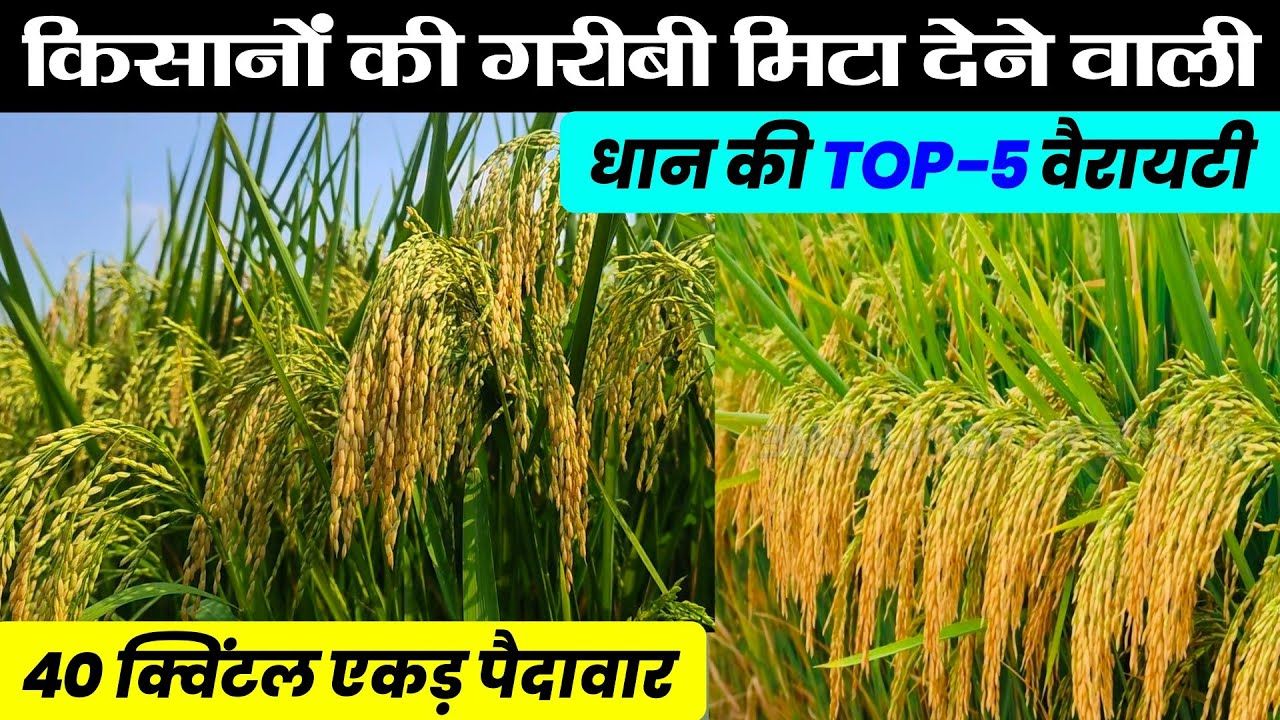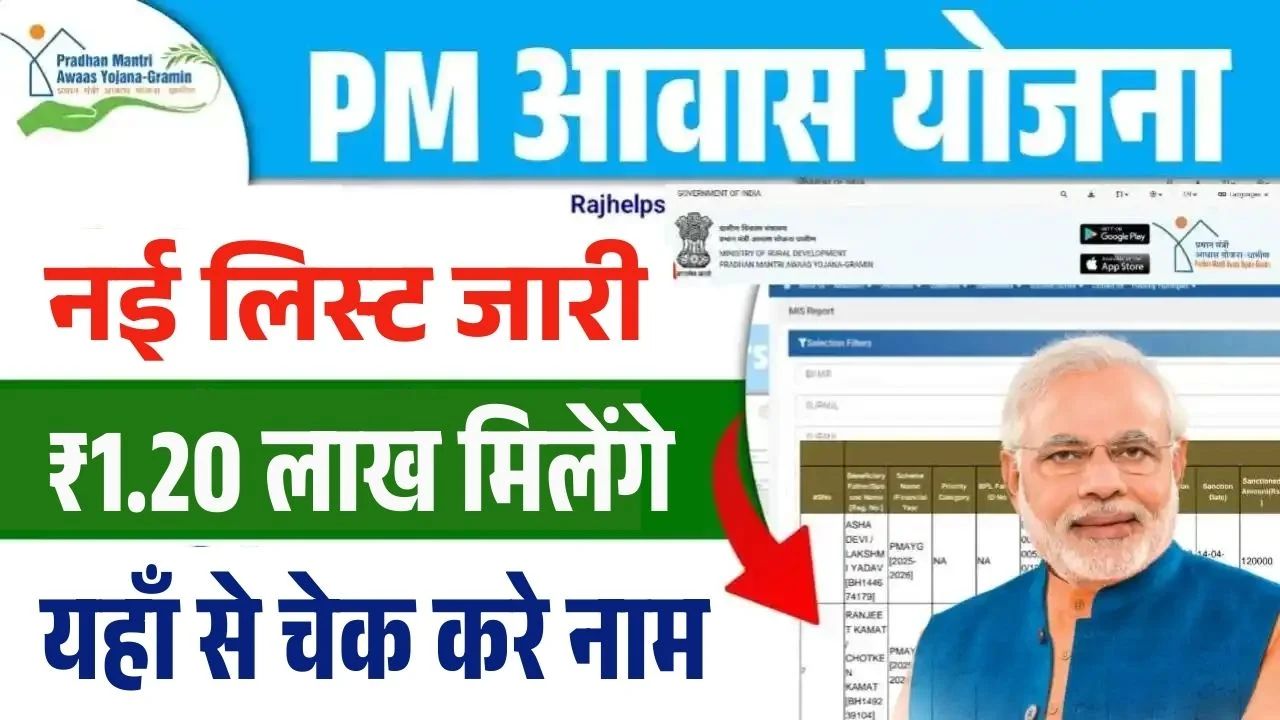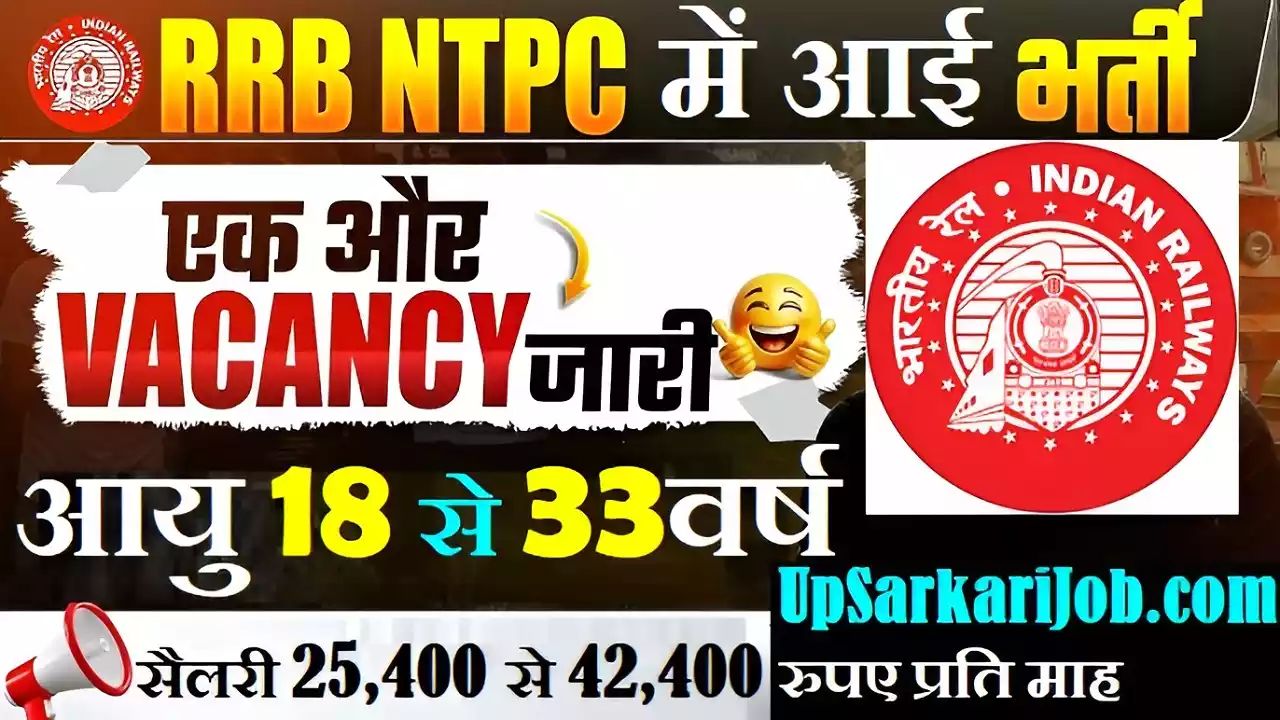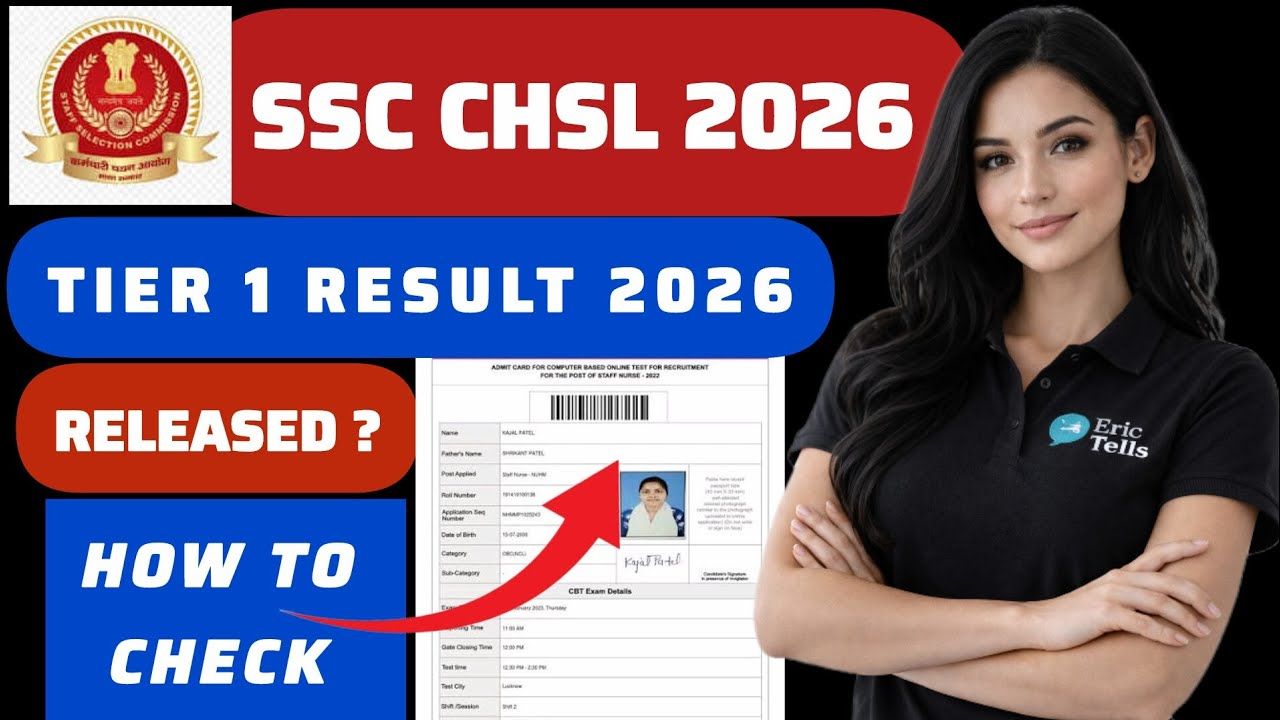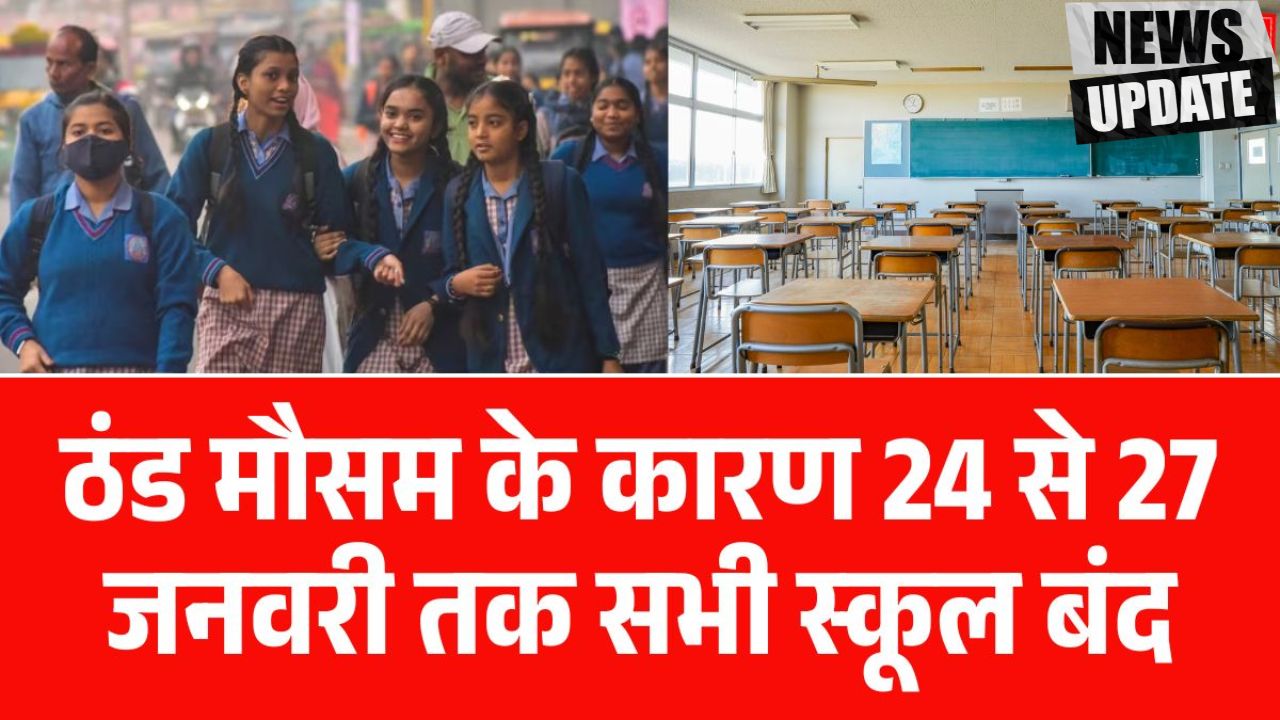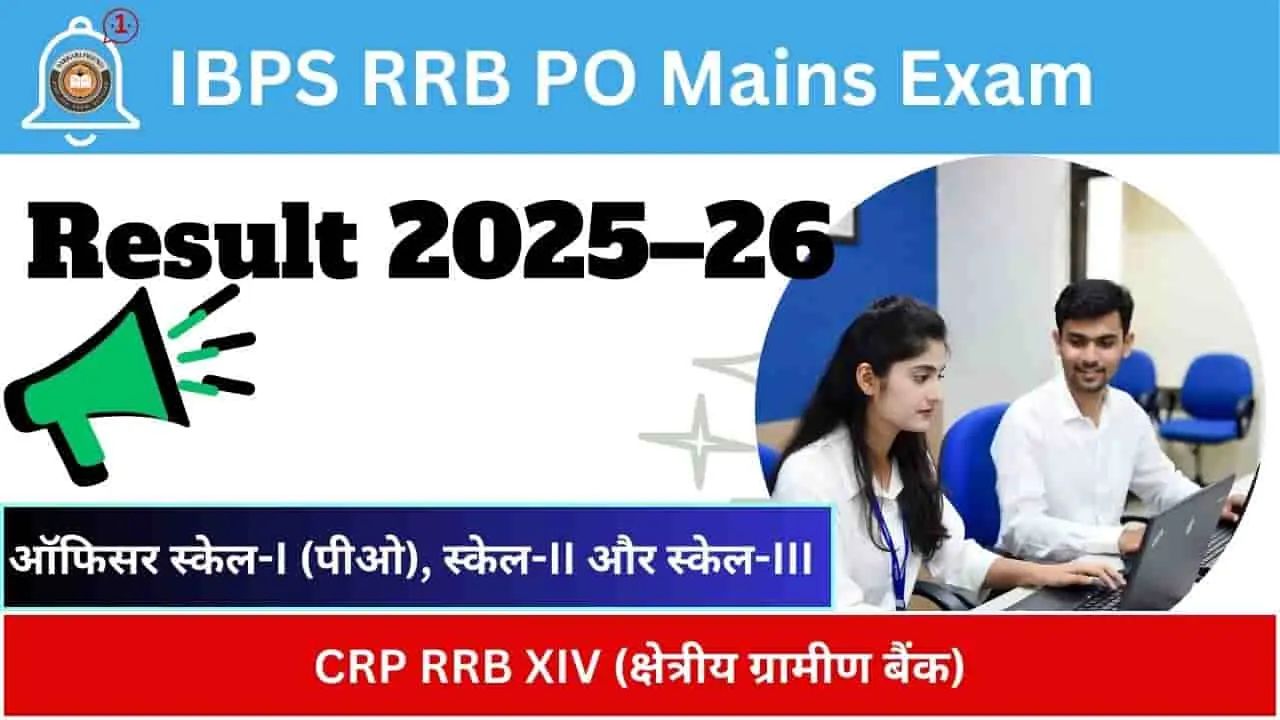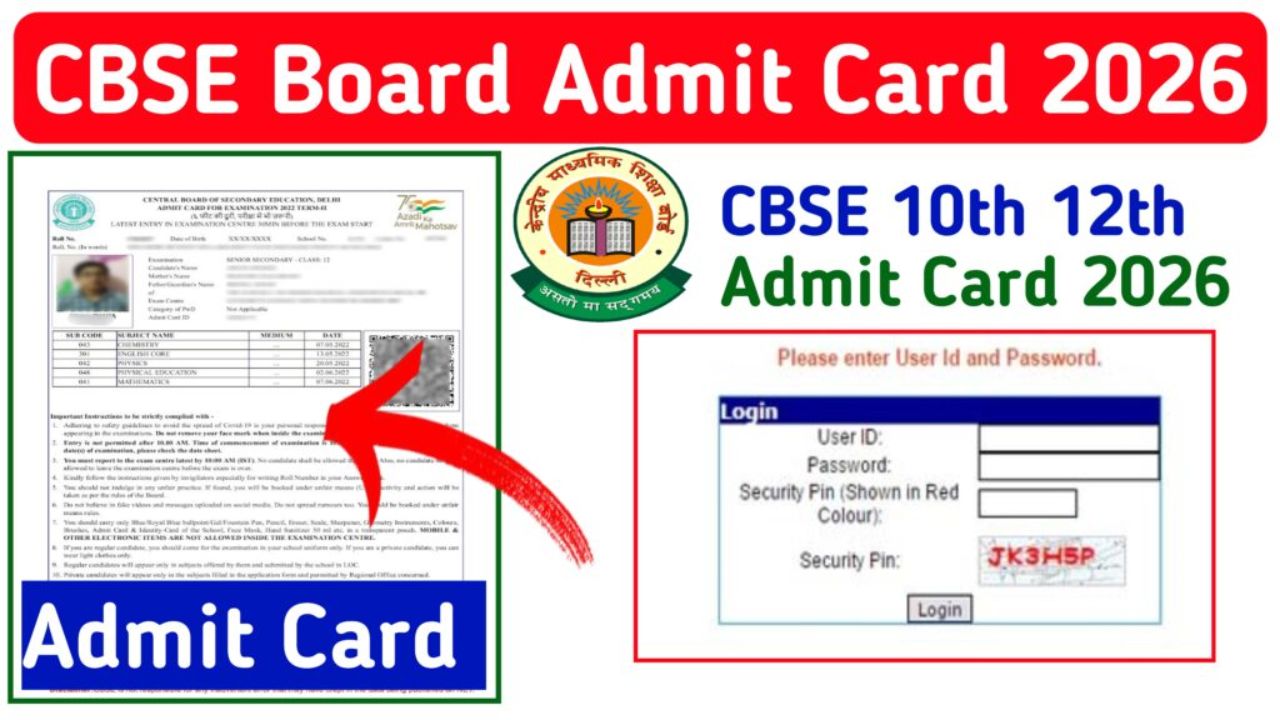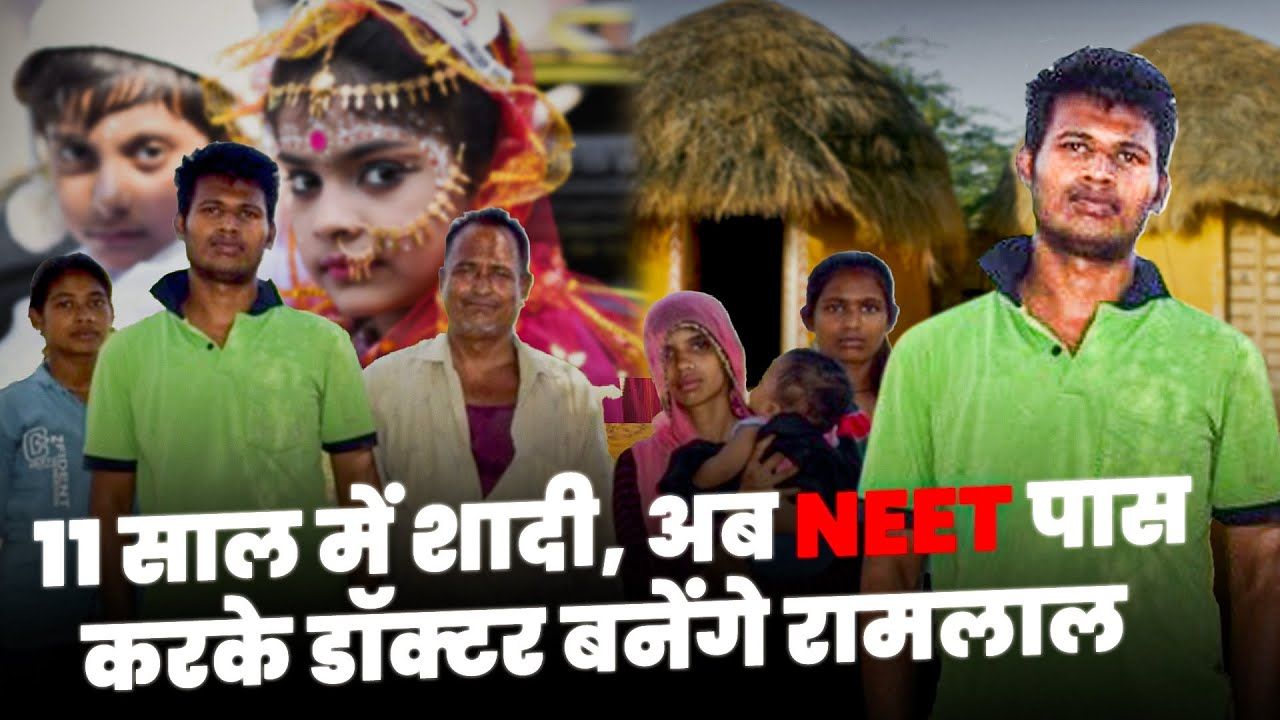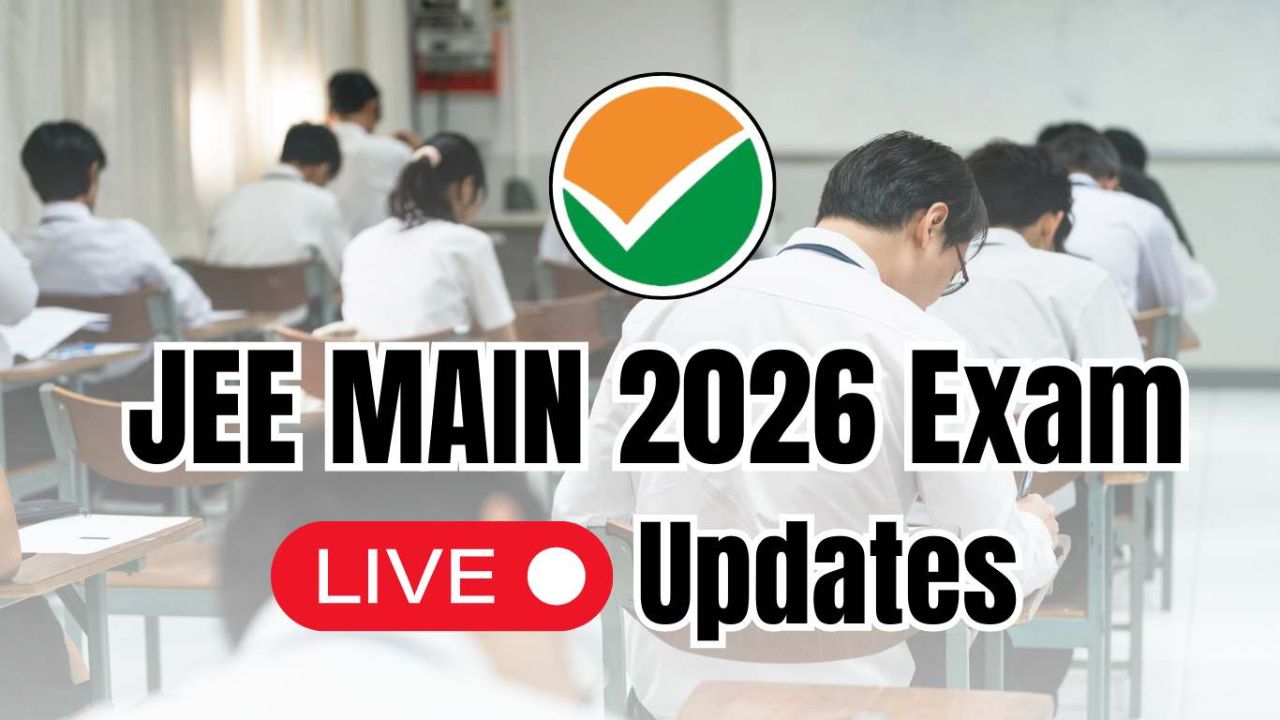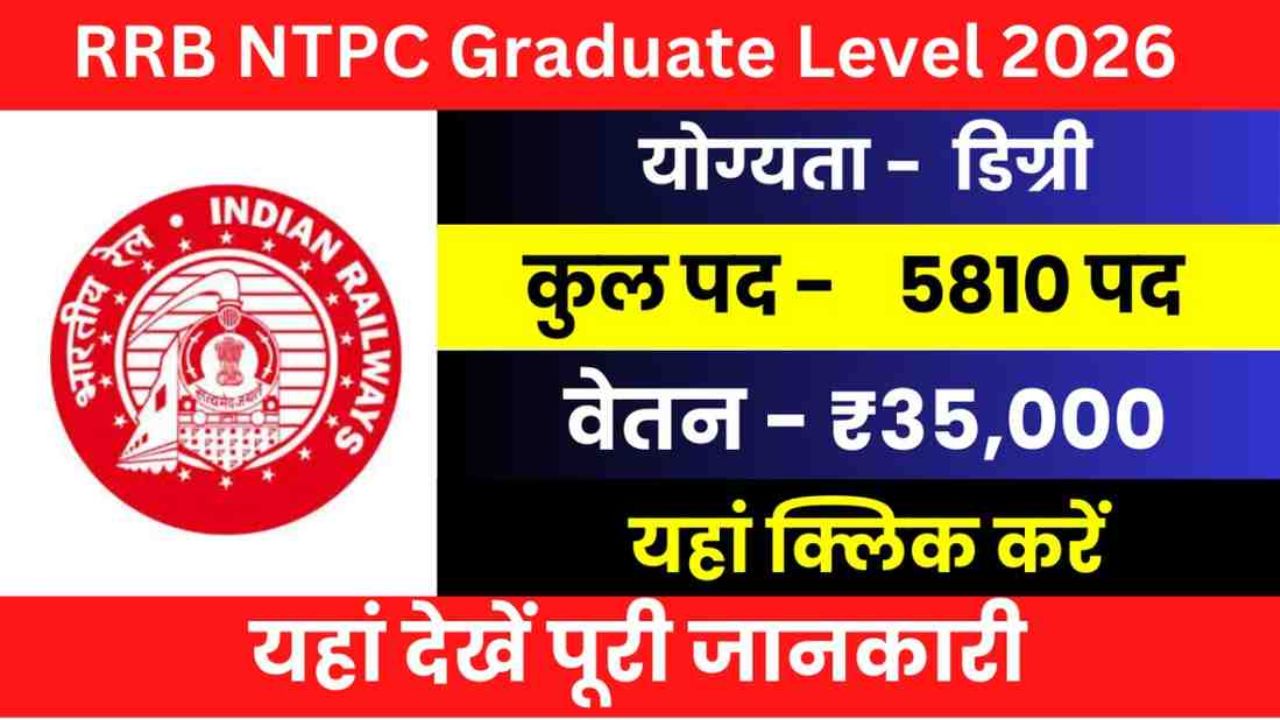RATION CARD NEW RULES 2025: Ration card rules are changing what new dates is the government giving? Let’s find out.
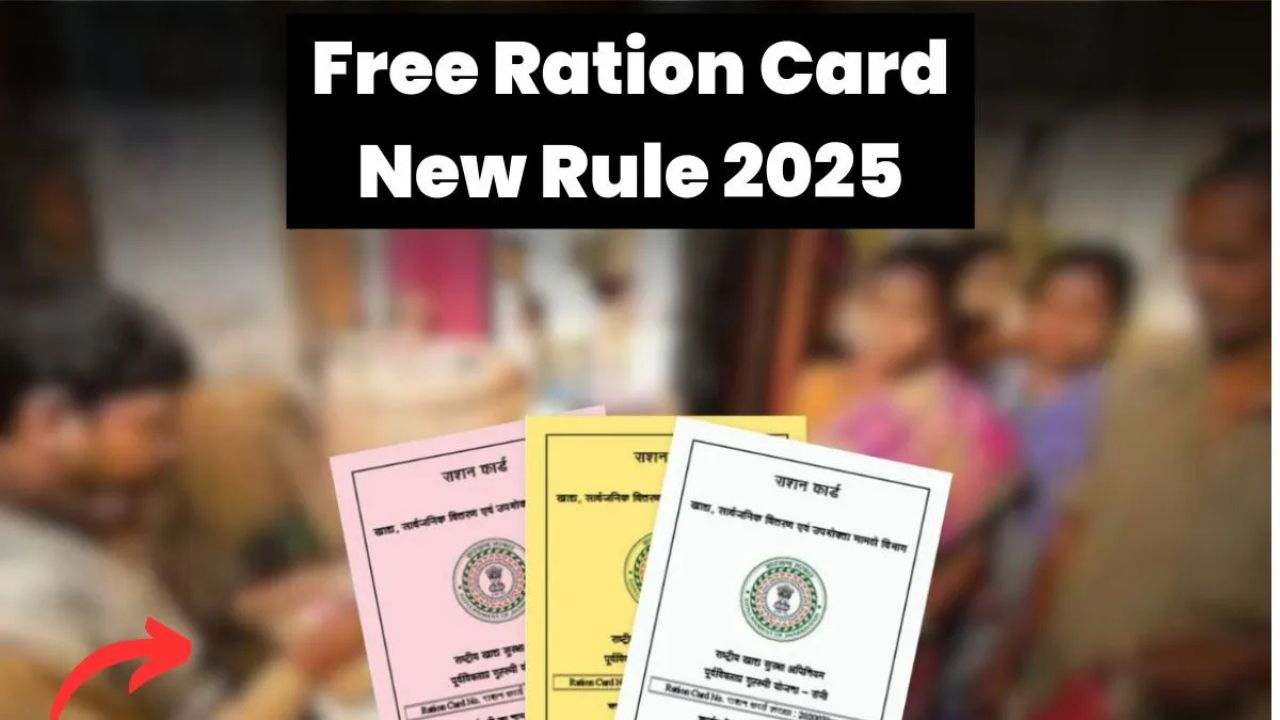
Introduction
RATION CARD NEW RULES 2025: Ration Card New Rule 2025 brings important changes designed to make food support more portable, digital, and fair, while protecting every family’s right to adequate food under India’s National Food Security framework. This easy‑to‑read guide for children and adults explains what’s new, who qualifies, how to update e‑KYC, and how One Nation One Ration Card helps migrant workers and households get their entitlements anywhere in India.
What changed in 2025
Several updates focus on portability, digital verification, and smoother access so genuine beneficiaries receive food grains with dignity and convenience across states and towns. The NFSA remains the legal backbone for subsidized food grains to eligible populations, while states continue implementing rules on eligibility and distribution under central guidelines. State portals and NFSA services have been refreshed to streamline applications and grievance redress for families managing address or household changes.
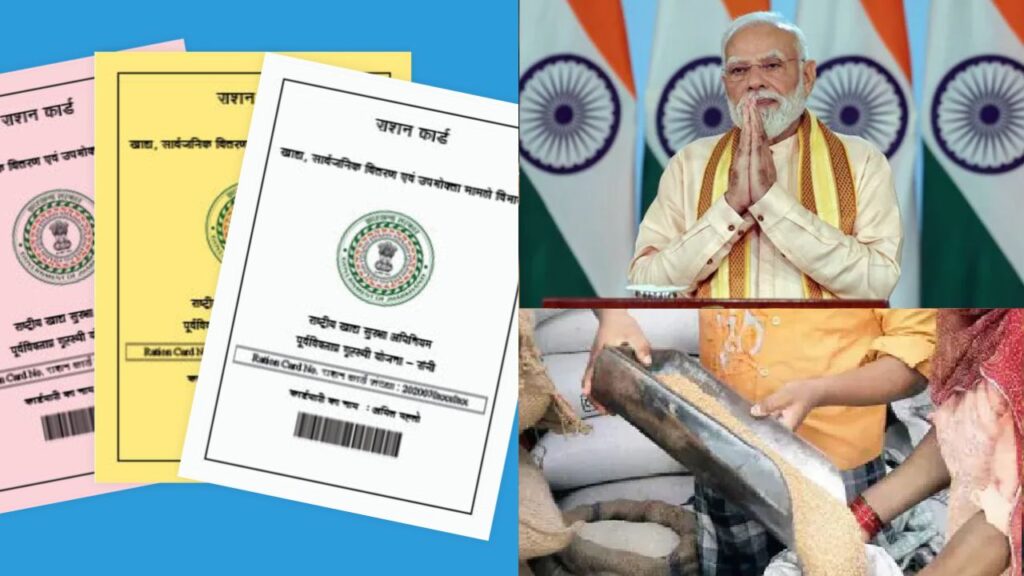
One Nation, One Card
The One Nation One Ration Card (ONORC) plan enables beneficiaries to lift their entitled grains from any electronic Point of Sale (ePoS) enabled Fair Price Shop in the country using Aadhaar‑based authentication, which is vital for mobile and migrant households. ONORC integrates state databases and ePoS devices to support nationwide portability while reducing duplication, ensuring that a single ration card works across state lines without re‑enrolment. The government’s “Mera Ration” app and public awareness help families find shops, check entitlements, and track services when they travel for work or schooling.
Rights and inclusion
The right to food support for eligible families is operationalized through the NFSA, which targets broad coverage in rural and urban areas to reduce hunger and improve nutrition. Special provisions and implementation guidelines emphasize assisting vulnerable people such as widows, persons with disabilities, elderly individuals living alone, and single women with limited support, aligning delivery with fairness and inclusion. These protections turn principles into practice—ensuring that need, not geography or paperwork complexity, governs access to essential grains for families and children.
Digital verification and e‑KYC
Aadhaar seeding and biometric e‑KYC at Fair Price Shops are central to the 2025 transition, helping remove duplicate cards and ghost beneficiaries, and ensuring the right family receives the right quantity every month. States and the central system support secure biometric checks through ePoS, which reduces leakages while keeping the process quick and accessible at the shop counter. Families should complete Aadhaar linking for all listed members and keep mobile numbers updated to avoid interruptions in monthly distributions.
Eligibility overview
Eligibility categories commonly include Antyodaya Anna Yojana (AAY) for the poorest households and Priority Household (PHH) for low‑income families under NFSA, with APL categories in some states for limited subsidized grains above poverty thresholds. Typical PHH screens include income below a state‑defined threshold, no four‑wheeler ownership, and no regular government jobs, though exact criteria vary by state and should be checked on the relevant state portal. Vulnerable groups—such as destitute or homeless individuals, persons with disabilities, and elderly without support—may receive priority under AAY, reflecting a rights‑based approach to reach those most in need.
What kids and parents should know
For children, a ration card is like a family pass that helps ensure there is rice and wheat at home every month, which supports health and learning in school. For parents and caregivers, new rules aim to make the system easier, safer, and more portable, so food support follows the family if jobs or seasons require travel to another city or state. Using e‑KYC at the shop is similar to unlocking a phone—your fingerprints confirm who you are so no one else takes your family’s share, which is fair for everyone in the queue.
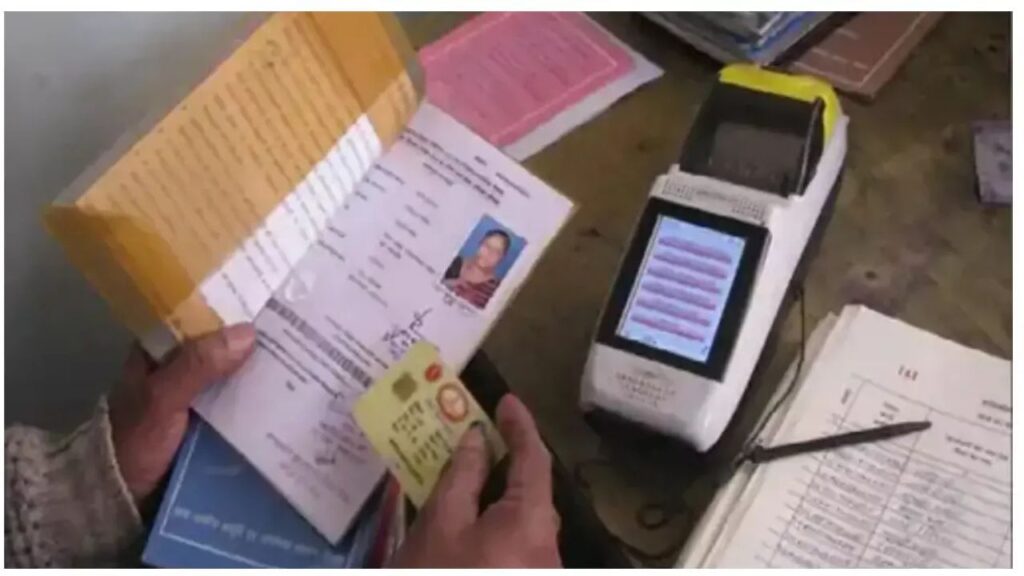
How to apply or update
Families can apply or update details through the NFSA/state portals or local offices, uploading Aadhaar, proof of residence, income certificates, photos, and bank details when relevant to ensure smooth processing and portability. The national NFSA application page links to state procedures and provides updated instructions; after submitting, families can track status and complete biometrics when notified. Many states also provide direct application pages via their Food and Civil Supplies departments and Public Distribution System portals for local verification and card issuance.
Migrant‑friendly portability
Under ONORC, migrants can split rations between home and work locations using portability features, which prevents loss of entitlement during seasonal moves and supports family members living in different places. ePoS devices with Aadhaar authentication make it possible to pick up entitlements at the nearest Fair Price Shop in the destination city, even when the original card was issued elsewhere. This portability helps reduce hunger risk during job transitions and supports school continuity for children by keeping household food supplies stable.
Responsible use and grievance redress
Families should regularly check names, ages, and Aadhaar linkages for all members to prevent errors, especially after marriages, births, or migration so entitlements match actual household size. If there are issues like quantity shortfalls, denied service, or authentication errors, beneficiaries can use state helplines, grievance portals, or NFSA mechanisms to escalate and resolve complaints promptly. Keeping receipts and ePoS slips can help verify quantities and support any complaint with clear evidence to the authorities for faster resolution.
tips for readers
Important search phrases that match 2025 updates include “Ration Card New Rule,” “One Nation One Ration Card,” “NFSA eligibility,” “ration e‑KYC,” and “Mera Ration app,” which families can use to find official guidance and local instructions. For application steps, add your state’s name in searches (for example, “Odisha NFSA apply ration card”) to reach the correct portal and forms quickly and avoid unofficial intermediaries or fees. Always cross‑check announcements with NFSA or state food departments, as eligibility thresholds and documentation lists may differ by state and time of year.
centered delivery
The 2025 rules build on the idea that public systems should respect people’s time, identity, and dignity by reducing duplication, enabling portability, and simplifying access across India’s diverse regions. The NFSA’s rights‑based framework—combined with Aadhaar‑enabled ePoS—seeks a balance between inclusion and accountability so that food support is both generous and well‑targeted. When technology and policy work together, families spend less time in lines and more time on school, work, and community life, which is how a safety net should feel for children and adults alike.
People Also Ask
- Link Aadhaar for every family member listed on the ration card to enable seamless e‑KYC at the shop and portability across states.
- Keep your mobile number current on the portal to receive OTPs and status updates for applications or changes in household details.
- Use the nearest ePoS‑enabled Fair Price Shop and carry Aadhaar for quick biometric verification when lifting monthly entitlements.
- If you move for work or study, use ONORC portability to continue receiving rations without interruption in the new city or state.
- For applications and updates, follow NFSA/state links only; upload clear scans of documents and track status online to save visits.
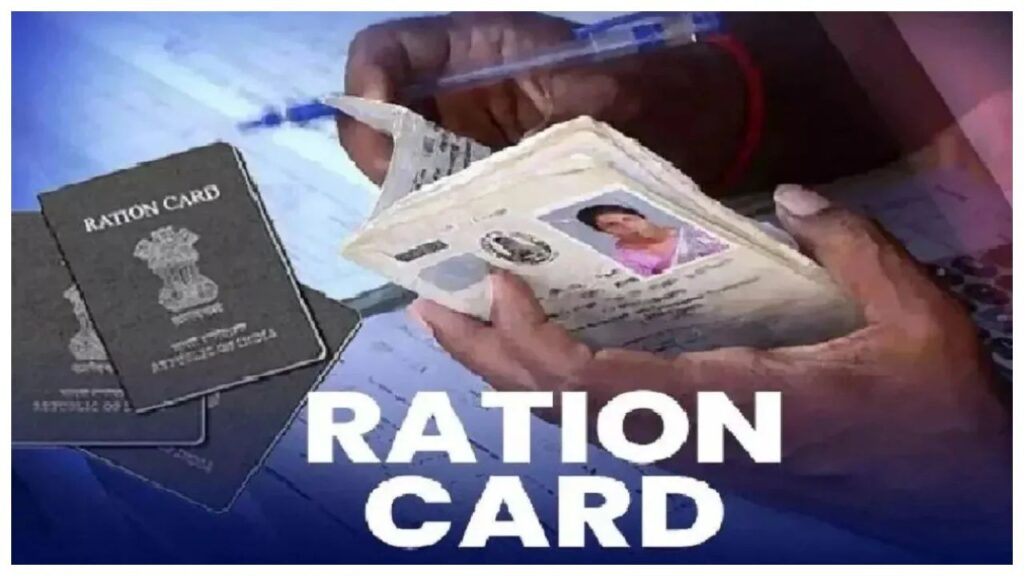
Conclusion
Ration Card New Rule 2025 is about making food security more portable, transparent, and fair so that every eligible family can access their legal entitlements with respect whether living in a village, a city, or moving between states for opportunity. With ONORC portability, e‑KYC safeguards, and NFSA protections, the system aims to uphold the human right to food while modernizing delivery for today’s mobile, diverse households. Completing Aadhaar seeding and using official portals will help families stay eligible, avoid disruptions, and keep nutritious staples on the table all year round
